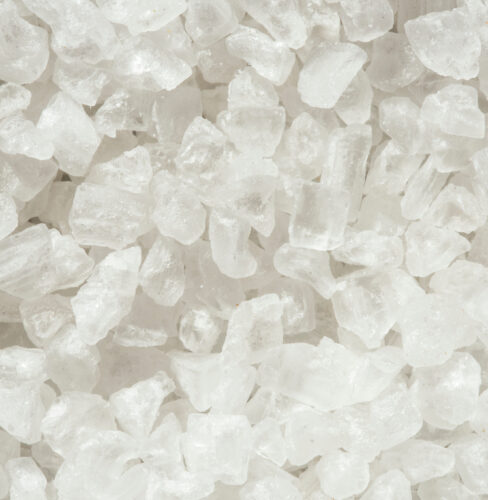
How much is too much?
The recommended daily intake for sodium varies from country to country…
- The World Health Organisation recommends a reduction to <2,000mg sodium /day
- The American Heart Association recommends adults eat no more than 2,300mg sodium/day, ideally targeting less than 1,500mg sodium/day
Some countries talk about both salt and sodium:
- The Australian Heart Foundation recommends adults eat less than 5g salt (2,000mg sodium) a day
And European countries focus on salt levels (as it is our biggest source of sodium):
- Most European countries recommend limiting salt intake to between 5g/day and 6g/day

How to reduce sodium
Unfortunately, many people don’t realise that they are eating too much salt – that’s because about 75% of the salt in our diet comes from the processed foods we eat
It’s not just in ready meals, soups and sauces though – we need to keep an eye on everyday foods such as breads and cereals too. And foods don’t necessarily have to taste salty to be salty either – sweet foods can contain surprisingly high levels of salt too.
So, with much of our daily salt intake already in the foods we buy and eat, there’s no doubt it can be tricky to know how best to reduce our salt intake.
If you want to add salt to the food you prepare at home, going for a reduced sodium salt alternative like LoSalt is a very good place to start.
But it’s not all you can do. Experts Dr Sarah Jarvis and Sally Bee have lots of good advice on ways to reduce your sodium intake.

What about the potassium?
Potassium chloride – like sodium chloride – is a mined mineral. And like sodium, potassium is a key mineral that the body relies on heavily to function properly. Increasing potassium intake is recommended to reduce blood pressure and risk of cardiovascular disease, stroke and coronary heart disease in adults. The World Health Organisation (WHO) suggests a potassium intake of at least 3510 mg/day for adults.
So switching from regular table, sea and rock salts to LoSalt not only helps to moderate your sodium intake but also helps increase your potassium intake too!
